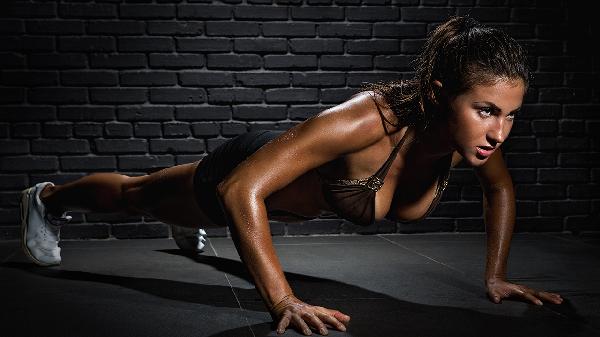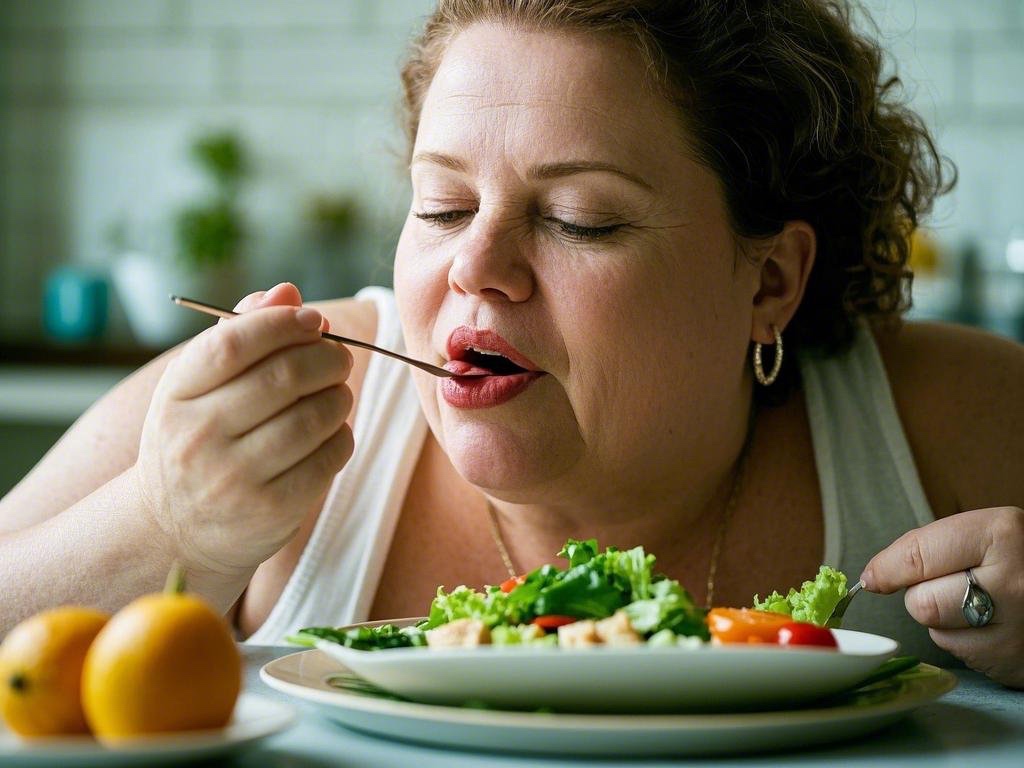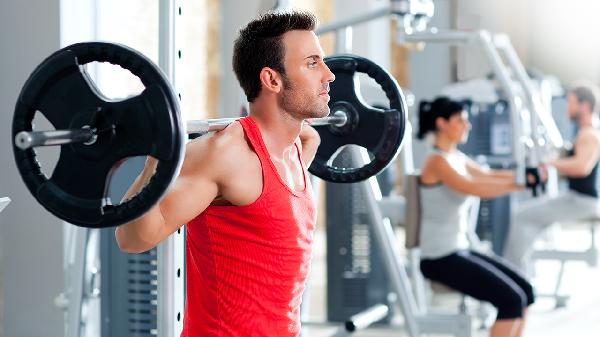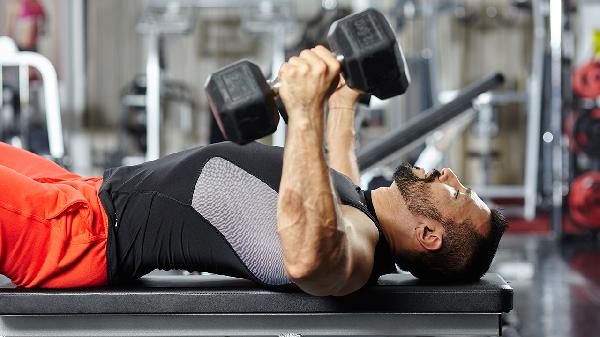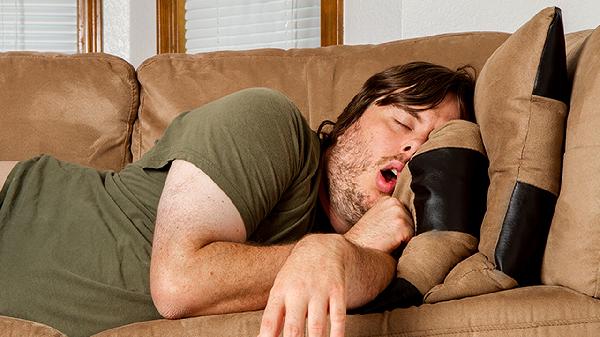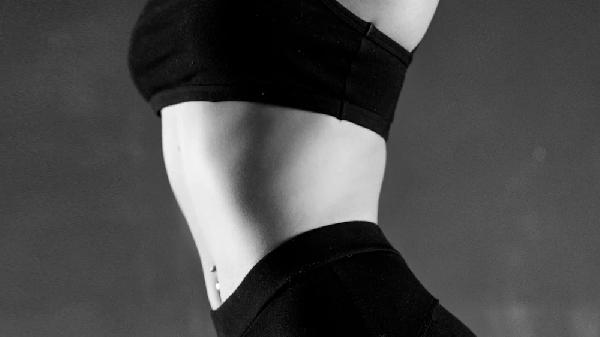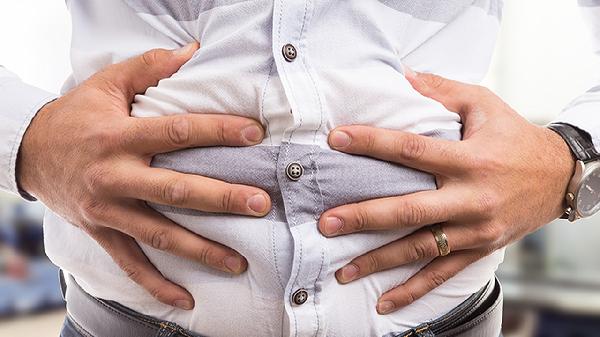high cholesterol is one of those health issues that can sneak up on you, and managing it often feels like a balancing act. The big question is whether lifestyle changes alone can do the trick or if medication is a must. Let’s break it down.
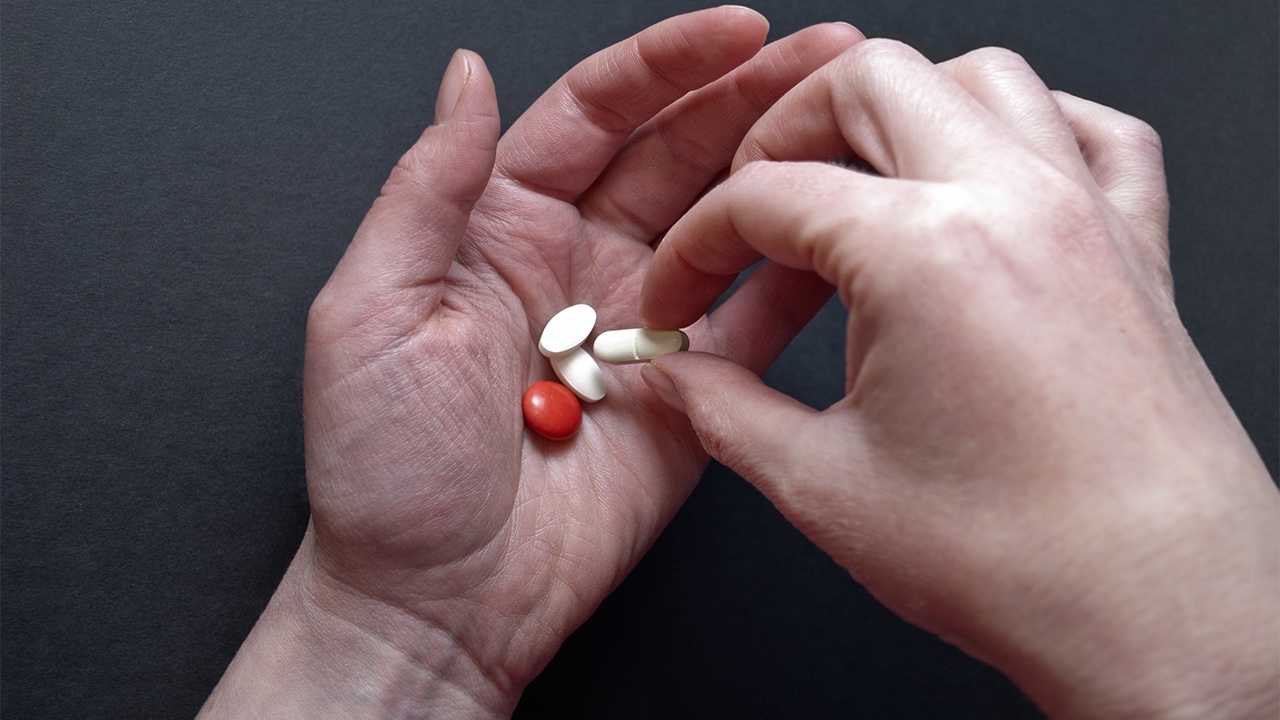
What’s the Deal with High Cholesterol?
High cholesterol happens when there’s too much LDL (the “bad” cholesterol) and not enough HDL (the “good” cholesterol) in your blood. Over time, this can lead to plaque buildup in your arteries, increasing your risk of heart disease and stroke. Not exactly the kind of hype anyone wants in their life.
Can Lifestyle Changes Really Make a Difference?
Absolutely! Lifestyle changes can be a total game-changer for managing cholesterol. Here’s how they stack up:
1. Diet Overhaul
What you eat plays a huge role in cholesterol levels. Swapping out saturated fats (think: butter, fatty meats) for healthier options like olive oil, nuts, and avocados can work wonders. Adding more fiber—especially soluble fiber from oats, beans, and fruits—can help lower LDL. Oh, and don’t forget omega-3 fatty acids from fish like salmon. Your heart will thank you.
2. Get Moving
Exercise is like a cheat code for boosting HDL cholesterol and lowering LDL. Even 30 minutes of moderate activity—like brisk walking, cycling, or dancing—most days of the week can make a noticeable difference. Bonus: it’s a great excuse to finally use that gym membership you’ve been ignoring.
3. Kick the Bad Habits
Smoking lowers HDL cholesterol and damages your arteries, so quitting is a no-brainer. And while a glass of wine here and there might be fine, excessive drinking can raise cholesterol levels. Moderation is key—your liver and your heart will both appreciate it.
4. Stress Less
Chronic stress can mess with your cholesterol levels, so finding ways to chill out—whether it’s yoga, meditation, or just binge-watching your favorite show—can help.
When Lifestyle Changes Aren’t Enough
While lifestyle changes can be super effective, they’re not always the whole solution. Some people have genetic factors (like familial hypercholesterolemia) that make it harder to manage cholesterol naturally. In these cases, medication might be necessary to get levels under control.
Statins are the most common cholesterol-lowering meds, and they’re pretty effective at reducing LDL. Other options include bile acid sequestrants, PCSK9 inhibitors, and cholesterol absorption inhibitors. Your doctor will help you figure out what’s best for your situation.
The Bottom Line
For many people, lifestyle changes can significantly improve cholesterol levels—sometimes enough to avoid medication altogether. But for others, meds are a necessary part of the equation. The key is to work with your healthcare provider to create a plan that’s tailored to you.
